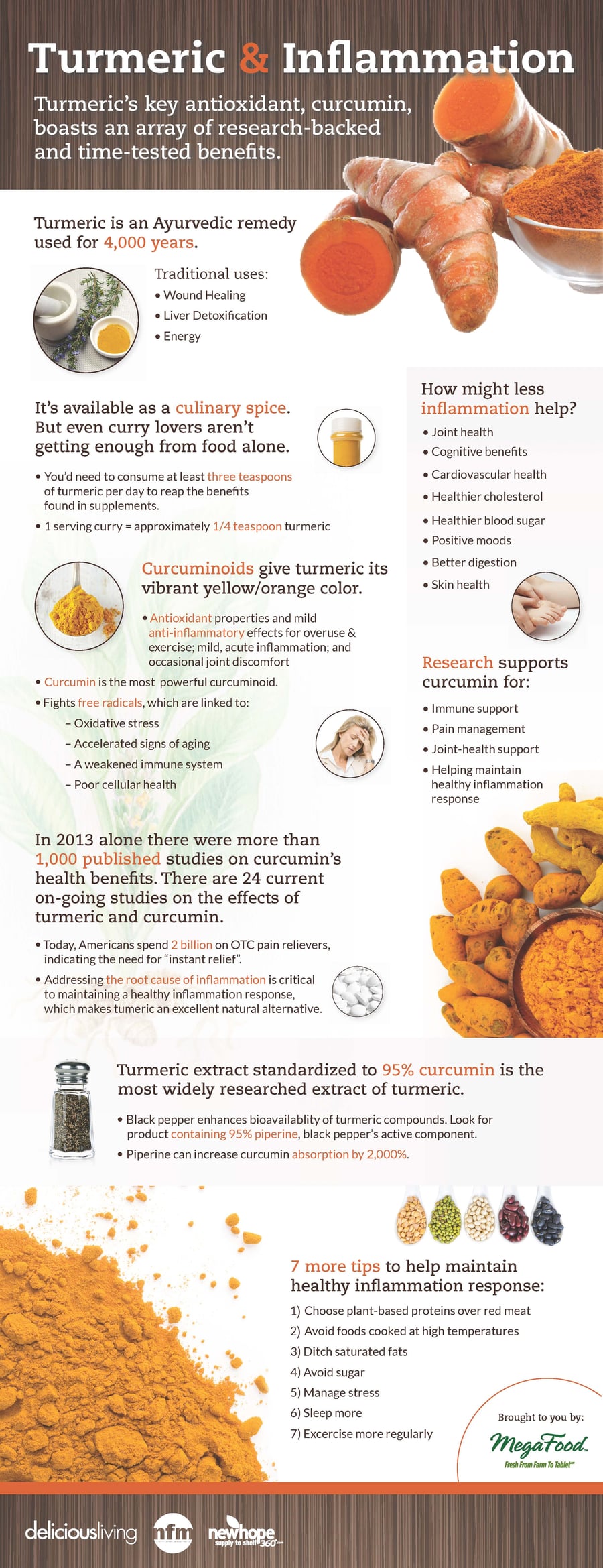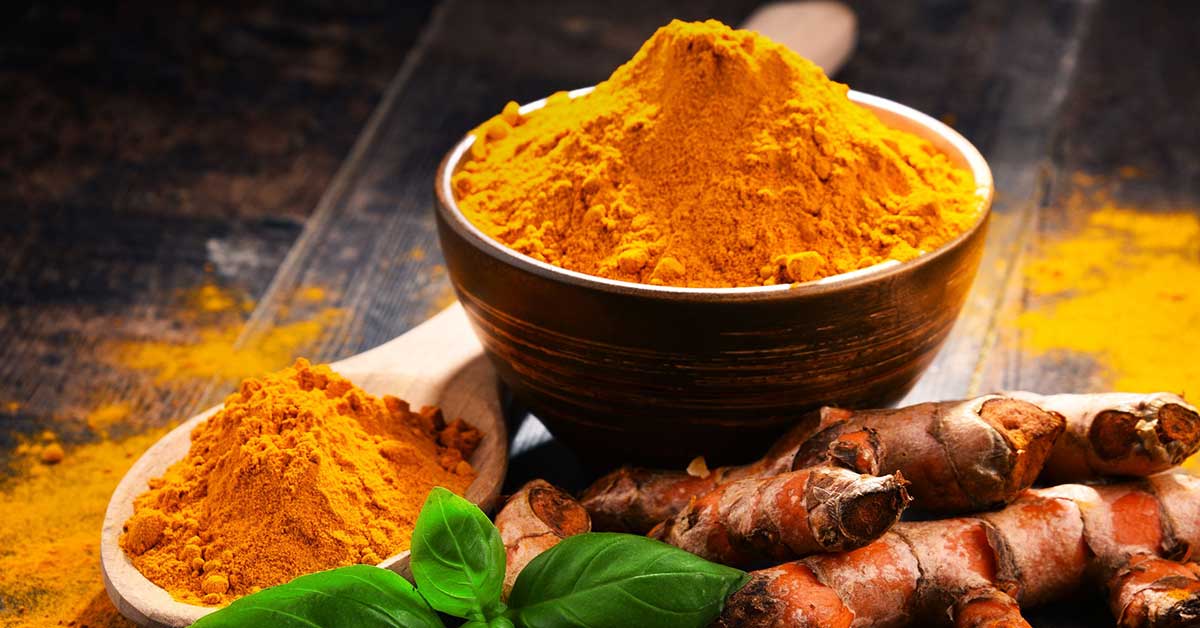1. Turmeric may help to protect against cirrhosis of the liver
A preliminary study suggests that curcumin, the component in turmeric that gives its yellow color, appears to slow the liver damage that ultimately results in cirrhosis. Curcumin has been made use of for decades in Indian Ayurvedic medicine for the treatment of a variety of gastrointestinal disorders.1✅ JOURNAL REFERENCE
DOI: 10.1136/gut.2009.186528
Other studies have suggested that it has antioxidant and anti-inflammatory properties that could help in fighting disease. The researchers wanted to determine whether curcumin could slow the damage brought on by progressive inflammatory liver disorders, such as primary biliary cirrhosis and primary sclerosing cholangitis.
Both of these disorders result in the plumbing system of the bile ducts of the liver becoming inflamed, blocked, and scarred. This can result in extensive damage of the tissue and permanent and eventually fatal liver cirrhosis.
Blood and tissue samples taken from mice with chronic liver inflammation were analyzed before and after feeding the mice curcumin for a duration of 4 and a duration of 8 weeks. Results were compared to the same samples taken from mice that were not fed curcumin with the same condition.
The results revealed that in the mice fed curcumin, bile duct blockage was significantly reduced and liver cell damage and scarring were curbed by the interference with various chemical signaling pathways involved in the process of inflammation. These effects were apparent at both 4 and 8 weeks. These effects were not observed in mice given a normal diet.

Image Source – newhope



